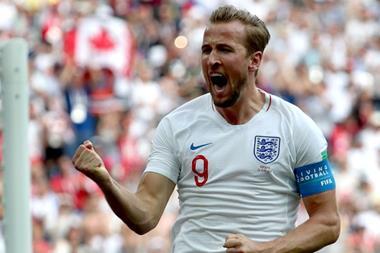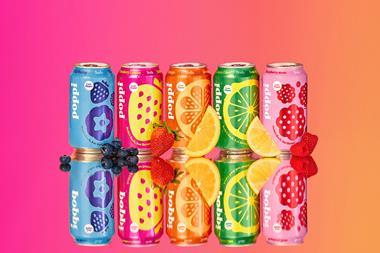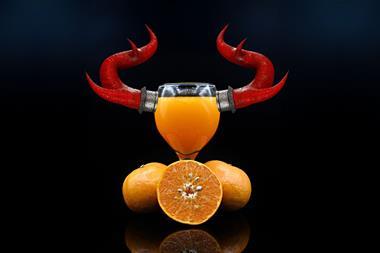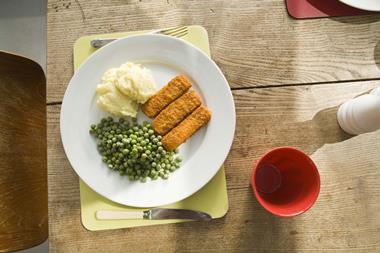Following its partnership with Diageo last week, Coca-Cola Enterprises has turned its attention to food companies revealing new proposals to meet a target of £1.4bn incremental sales of soft drinks by 2015.
While the £1.4bn target was for the entire soft drinks category, including on-trade, CCE said supermarkets and c-stores had "an important role to play" in achieving the target.
Despite retail sales of Coca-Cola exceeding the £1bn mark for the first time in 2009, the UK was only the world's 37th biggest per capita consumer of soft drinks, CCE complained "significantly" behind countries with similar climates.
Improvements in availability and store layout were required to boost category growth. Sales of soft drinks (excluding juices and smoothies) grew 6.8% to £2bn last year with volumes down 0.5% [Kantar 52w/e 21 February 2010].
There was a huge opportunity for retailers to link soft drinks with foods, claimed head of intelligence and planning Simon Miles. Meal deals that involved soft drinks with snacks were "a bit obvious", he said, but there were bigger sales opportunities with hot foods.
"Partnerships with food brands are on our mind and we are engaged with some big brands already," he said. "We can think of adjacencies with pizza, chicken etc. With meal deals and above-the-line marketing support, there is a very exciting opportunity."
Of the 11 key drivers of growth CCE highlighted in its Open More Business report a £2m research project run over the past three years improving availability was another priority, claimed Miles.
CCE had been working with retailers to improve stock replacement processes, but they were still not giving enough shelf space to the right lines, he added.
"Energy is one of the strongest growth segments, driven by Relentless and Monster but most of the space goes to Lucozade and Red Bull."
"Unexciting" layouts also required reorganisation to increase shoppers' 'dwell time', he added.
Read more
Top of the pops: Coke smashes £1bn barrier (20 March 2010)
Sign in to comment on this article
Not logged in before? Register for FREE guest access today.
You will be able to:
- Read more stories
- Receive daily newsletters
- Comment on stories
Advert
















No comments yet